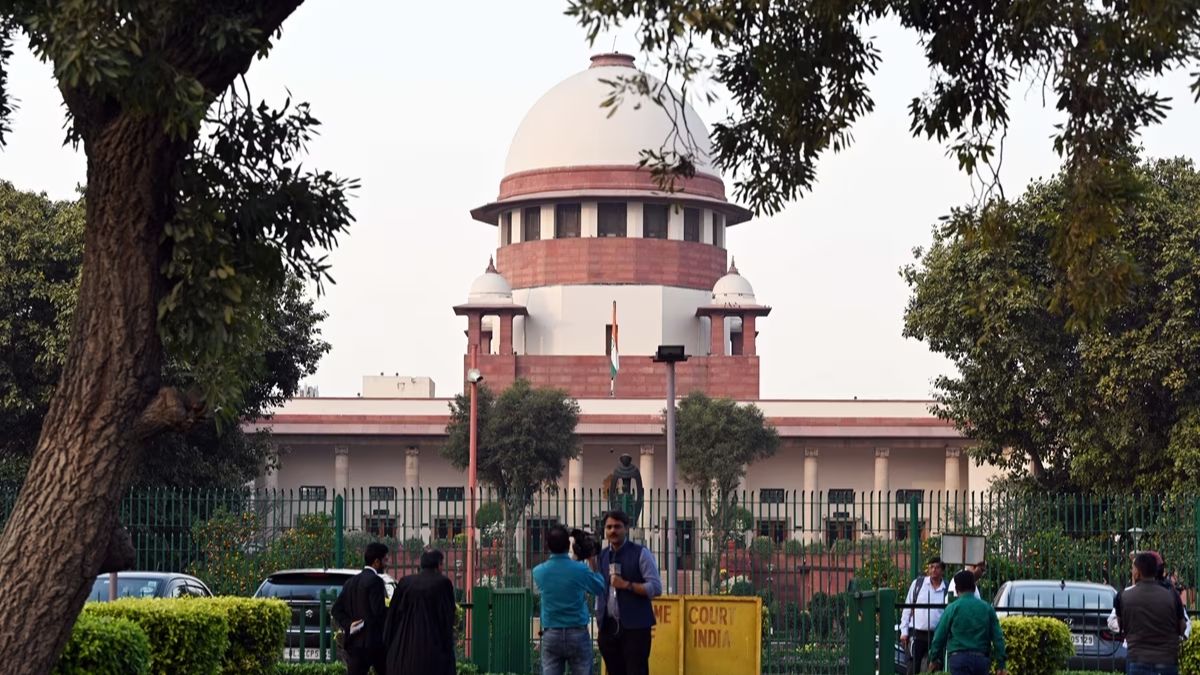In a landmark judgment, the Supreme Court of India has clarified the scope and applicability of disclosures made by an accused under Section 27 of the Indian Evidence Act. The Court ruled that such disclosures are deemed irrelevant if the fact disclosed was already known to the police before the statement was made.
The ruling, delivered by a bench comprising Justice B.R. Gavai and Justice Sandeep Mehta, addresses a critical aspect of criminal procedure that impacts the admissibility of evidence in Indian courts. Section 27 of the Indian Evidence Act permits the admissibility of statements made by an accused if they lead to the discovery of a fact that was not previously known to the authorities.
The case in question involved a dispute over whether certain disclosures made by the accused could be used to corroborate other evidence presented by the prosecution. The defence argued that since the police were already aware of the facts before the accused’s disclosure, the statements should be deemed irrelevant and inadmissible.
In its judgment, the Supreme Court emphasized that for a disclosure under Section 27 to hold evidentiary value, it must lead to the discovery of new facts that were previously unknown to the police. The Court’s interpretation reinforces the principle that the provision is intended to facilitate the discovery of new evidence, rather than validating statements that merely reiterate known facts.
This decision underscores the need for careful examination of the context in which disclosures are made and their impact on the broader evidentiary framework. Legal experts anticipate that this ruling will influence the handling of evidence in future criminal cases, particularly in determining the relevance and admissibility of statements made by accused individuals.
The Supreme Court’s ruling is expected to have far-reaching implications for criminal jurisprudence in India, reinforcing the stringent criteria required for the admissibility of Section 27 disclosures and ensuring that the integrity of the evidentiary process is maintained.

